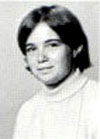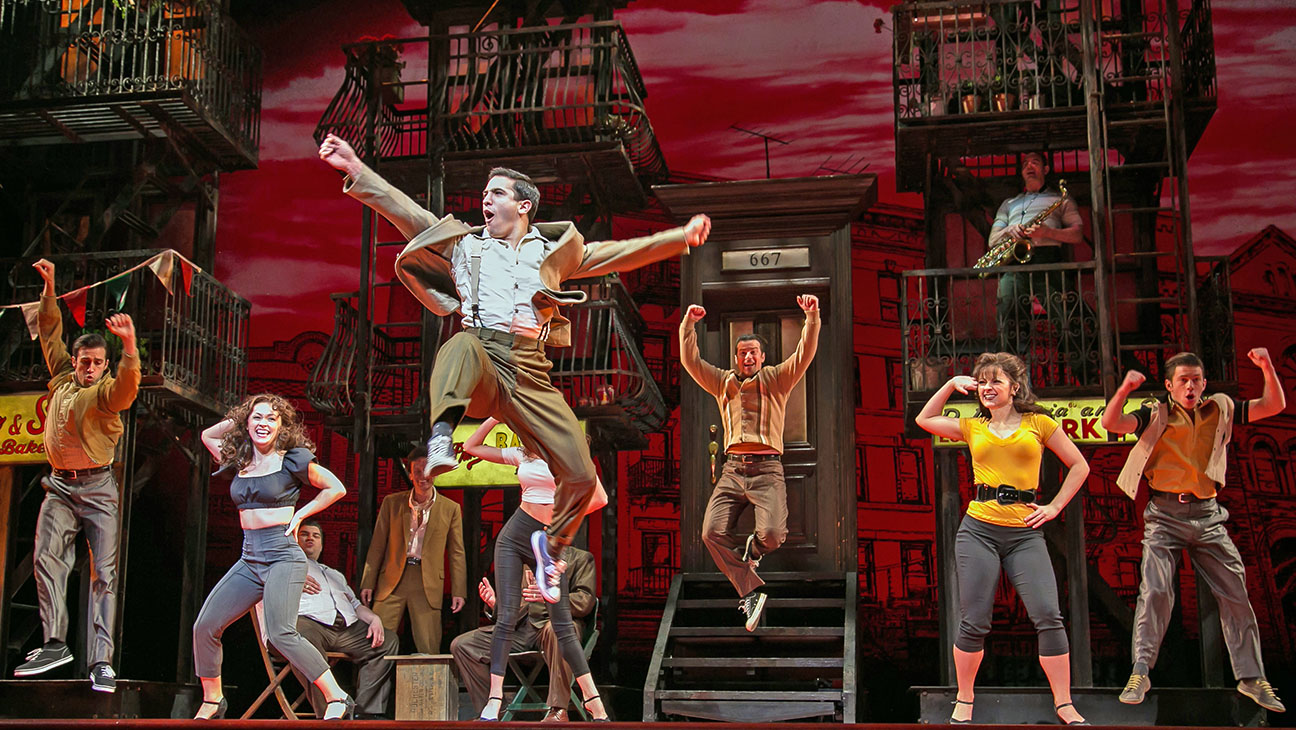“She’s a ‘vegetarian,’ or he’s very ‘musical’…”

The daughter of an Army officer, Ann Matter’s “international childhood” was spent in Germany, Central America, and, as a teenager, Seattle. At Oberlin, Matter majored in religion. She is now Professor of Religious Studies at the University of Pennsylvania.
Oral history conducted by phone, Aug. 25, 2004, by Joey Plaster. An ellipsis (…) indicates that material has been omitted.
I knew as a kid, and I remember the fear of admitting it. When I was maybe thirteen or so I read an article about someone who admitted she was lesbian or he admitted he was homosexual at the age of sixteen, and I thought, “Oh my God, is this going to happen when I’m sixteen?”…I read a lot, so I knew about [Christopher Isherwood’s] Berlin [Stories]… Noël Coward, and I knew about Radcliffe Hall and The Well of Loneliness, and I knew about the girls in [Greenwich] Village, but I’d never been there or done any of that. I just knew about it intellectually. But it was very appealing. I thought that must be who I am; that must be my world…
Oberlin gave me the space to come out…I lived in Fairchild House, which was all girls…But the guys came down to the South Campus and ate in the women’s dorms—all the dining halls were in the women’s dorms. And the first month or so, our house mother, Mrs. Anna Smith, had us sitting boy-girl-boy-girl at the table. And in the first week or so, there was me and Richard [M.] and Lynn Walterick [OC 71], all sitting in a row, and so we got to know each other very well. [Richard, who was gay, became Ann’s good friend, while Lynn became Ann’s lover]. And, you know, who knew? It was totally serendipitous…
We were there at Oberlin during a really desperately serious time with all the anti-war stuff and these very self-righteous agitators. I was getting visits all the time from the SDSers, because my father was an Army officer and they just wanted to make sure—I don’t know what—I wasn’t organizing for Nixon or something…
We, the queer students really, we saw ourselves as having a sense of humor about life, of not being so deathly serious, of being more ironic. You know, we had all the Noël Coward periphrastic ways of referring to ourselves, like ‘she’s a vegetarian,’ or ‘he’s very musical.’ We made fun of the kind of secrecy of it. And we weren’t all that secret… It’s like the whole Berlin thing: we are the musical people, we are the vegetarians, we are the friends of Dorothy…we live in our own world that’s highly aestheticized and refined, and we don’t have to be like I Love Lucy…
In my day, the straight couples were screwing right in front of you practically. [Gay guys] certainly didn’t express affection in public…What they expressed was this kind of camp…With the gay guys, it was really a culture of ‘Oh, Mary.’ And they all would refer to each other by their drag names. And so there would be this whole conversation going on where if you were sitting at the next table and eavesdropping, you would have no idea who they were talking about or what they were talking about, because everything was inverted and inside out. And they talked a lot about each other’s sex lives…It was very sort of outrageous and extreme…
And then there were some real tragedies, people who just drank themselves to death or kind of burned out [after graduating], you know, [who] couldn’t get it together…So it didn’t always work for everybody. It wasn’t much protection sometimes, or it didn’t really help people to deal with their existential angst. But that was what it was about, I think. It was about making a little wall around ourselves. We spoke our own dialect and we had our own jokes…It was a world of people who had sort of banded together because we had mutual interests and we really liked each other, and it was safe together…
There wasn’t really a feminist awareness yet. It was just beginning. And during the years of the SDS [Students for a Democratic Society] and all the student radicalism, like when Jan Ting [OC 70] mounted the barricades, the women were bringing him coffee and making him sandwiches and washing his socks and sleeping with him…There was all kinds of sex on campus, so it wasn’t so shocking that you would have sex with someone of your own gender, but identifying yourself as a lesbian in this very kind of male dominant hero political culture—that was a different thing…
When I look at my young friends who are lesbian now, I think they’re so lucky. ‘Cause they do have a world of women who aren’t kind of trying to make space for themselves in an overwhelmingly male context. And we didn’t really have anything like that…[With all the intellectual stimulation], I never really felt lonely or isolated at Oberlin, but I didn’t really have the world I have now where there are lots of people who are gay-identified, queer-identified, lots of lesbians and lots of couples…
What it really did was it helped raise my consciousness as a feminist. Because the gay men and the radical politics men were all incredibly sexist. And those gay men who were camping it up really were afraid of women and didn’t like women very much…They’d say terrible things about, you know, “Women stink like fish,” [or] “Oh cunts.” It was this kind of campy misogynism that wasn’t…vicious or anything, but I felt…how my difference isolated me and their difference gave me a world which they would share with me…
So that helped me in the early seventies when I was in graduate school and the feminist movement was really making an impact on the study of religion, which is what I do. I really understood it very well because I experienced it, not in the way that most of the women who were writing about it did, but in a really interesting way where even the people who thought of themselves as marginalized and alternative were so much more power-geared and had so many privileges on account of being white men and didn’t really understand that at all.
However I saw them as being privileged, they were also pretty beleaguered. And they were young people who understood that they were different and they were trying to make their way in the world. And what if somebody didn’t give them a job because they don’t want a homosexual?…
You have to imagine that we all grew up in the age of Leave It To Beaver, and there was a very kind of “gee, shucks” American world. [The campy Conservatory] world was self-mocking, and certainly mocking the rest of the world around it even more, and was very smart and very ironic, [and] highly cultured. [They] knew a lot of literature and a lot about music and a lot about art and different languages and [told] very subtle and sophisticated jokes. Even if some of it was mean and some of it was kind of woman-hating, it was still very attractive to me.



